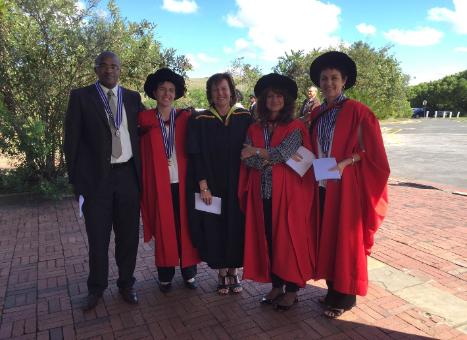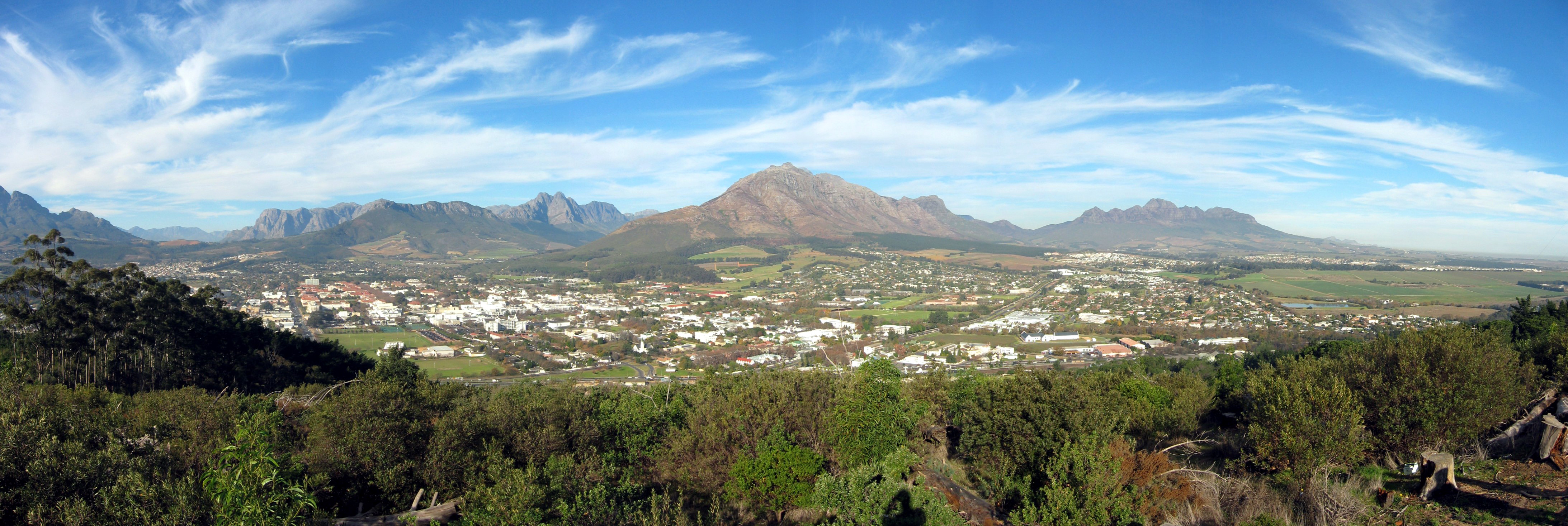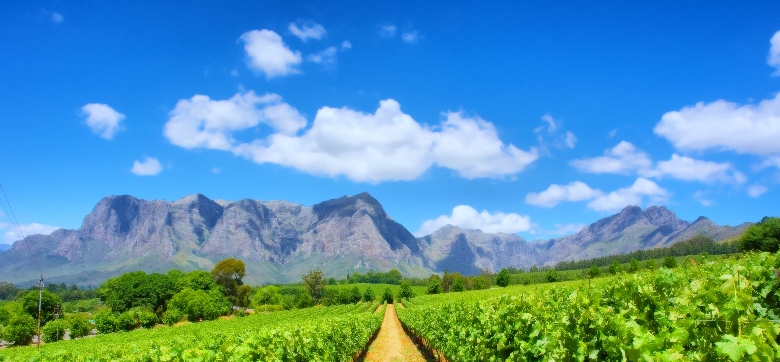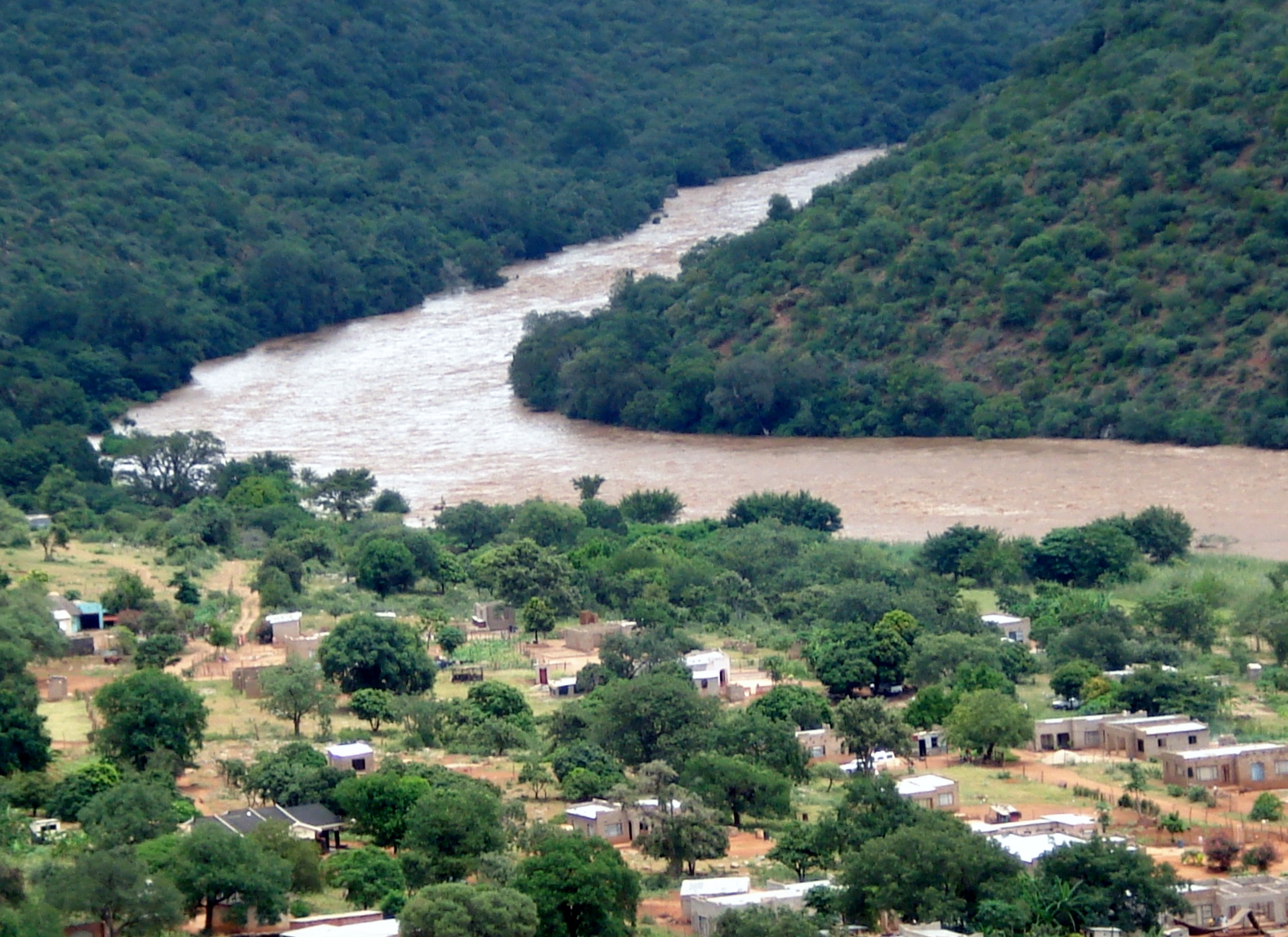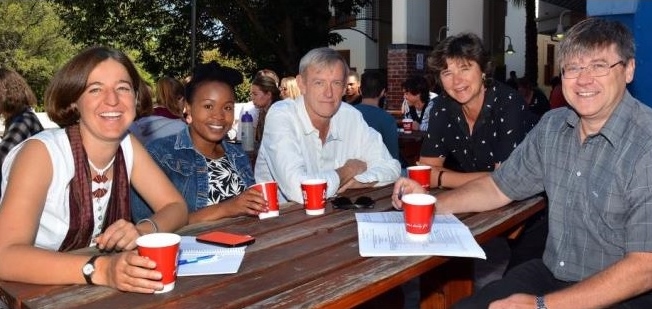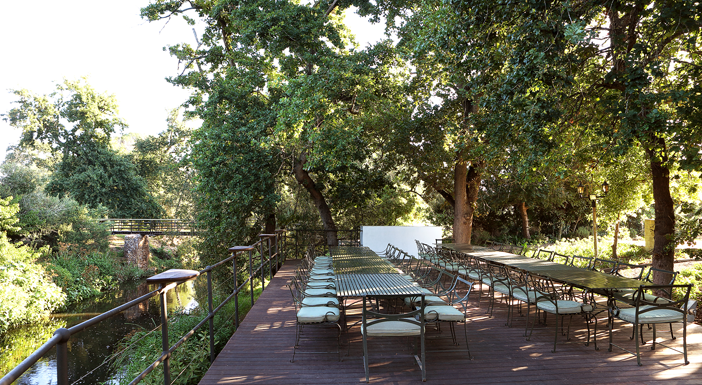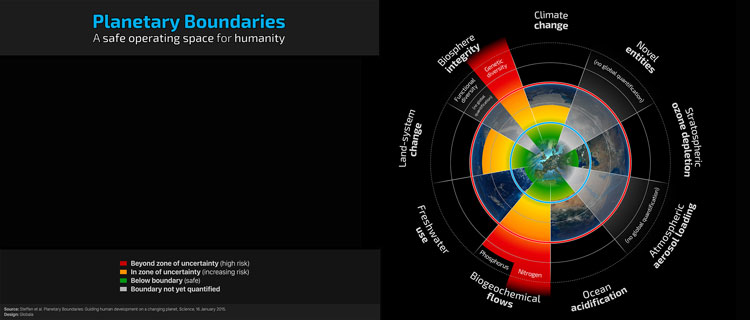SAPECS researchers receive Distinguished Community Engagement Award
The Rhodes University Vice-Chancellor’s Distinguished Community Engagement Award is presented annually to a Rhodes University staff member or group who has/have dedicated their time, skills, knowledge and expertise to forge mutually respectful, beneficial and socially significant initiatives and partnerships with the local Grahamstown community. The 2014 award was presented to the Jonga Phambili Sinethemba ("looking forward, we have hope") Research Project, a SAPECS-associated project run from the Department of Environmental Science at Rhodes University. The researchers honoured by the award are Professor Sheona Shackleton, Dr. Georgina Cundill, Mr. Nick Hamer, Mr. Monde Ntshudu, and Professor Heila Lotz-Sitsika. During their research into various aspects of food [...]


